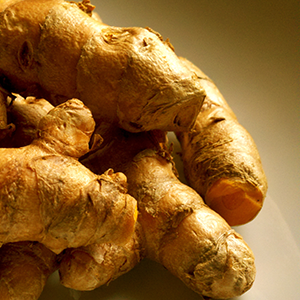Turmeric, a vibrant yellow spice commonly used in Asian cuisine, is renowned for its extensive health benefits, largely attributed to its active compound, curcumin. Curcumin possesses potent anti-inflammatory and antioxidant properties, which contribute to its therapeutic effects. Regular consumption of turmeric can help reduce inflammation, a common underlying factor in many chronic diseases such as arthritis, heart disease, and diabetes. Additionally, turmeric's antioxidant properties aid in neutralizing free radicals, thereby protecting cells from oxidative stress and reducing the risk of various cancers. Turmeric also supports brain health by enhancing cognitive function and potentially lowering the risk of neurodegenerative conditions like Alzheimer's disease.
Specific to liver health, turmeric offers remarkable benefits. The liver plays a crucial role in detoxifying the body, metabolizing nutrients, and regulating various biochemical reactions. Curcumin in turmeric enhances liver function by boosting the production of bile, which is essential for the digestion and absorption of fats. This process aids in the efficient breakdown and elimination of toxins from the body. Moreover, turmeric's anti-inflammatory properties help reduce liver inflammation, which can be beneficial in preventing and managing liver diseases such as fatty liver disease and cirrhosis. Turmeric also exhibits hepatoprotective effects, shielding liver cells from damage caused by toxins, alcohol, and certain medications. This protective role is partly due to its ability to modulate oxidative stress and inhibit the activation of inflammatory pathways within the liver.
Furthermore, studies have shown that turmeric can help improve liver enzyme levels, which are often markers of liver health. Elevated liver enzymes indicate liver damage or inflammation, and turmeric's ability to normalize these enzyme levels suggests its role in promoting liver healing and regeneration. The combination of these effects not only aids in maintaining a healthy liver but also enhances its capacity to perform its vital functions efficiently, contributing to overall well-being.
In conclusion, turmeric, through its active compound curcumin, provides extensive health benefits including powerful anti-inflammatory and antioxidant effects. Its specific advantages for liver health are particularly significant, as it supports liver function, protects against liver diseases, and aids in detoxification processes. Incorporating turmeric into the diet can thus be a valuable strategy for maintaining not only liver health but also overall systemic health.
